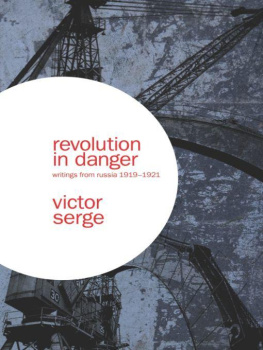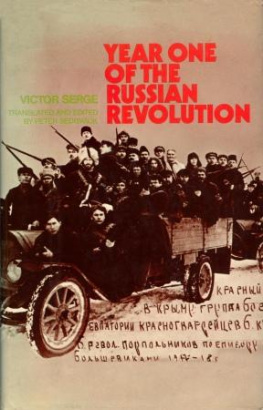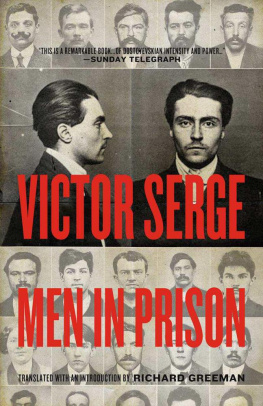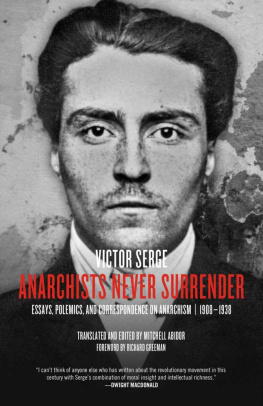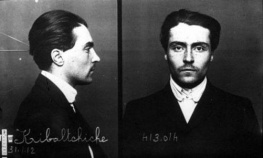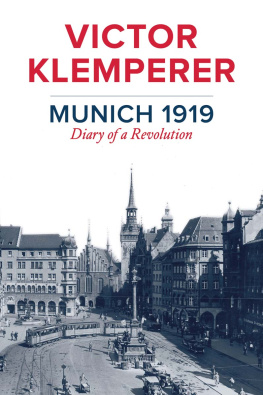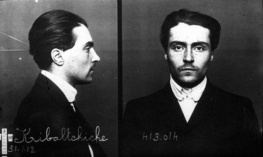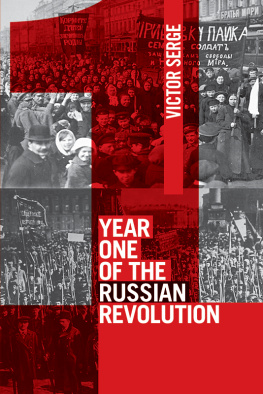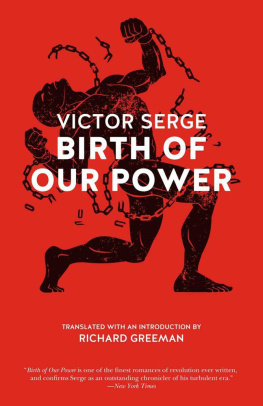Table of Contents
Introduction
Victor Serge was witness to, and participant in, many of the great political upheavals of the first half of this century. Born in Brussels of Russian revolutionary parents in 1890, he moved as a young man to Paris where he became active in the anarchist movement. Jailed from 1913 to 1917 after defending the anarchist bank robbers of the Bonnot Gang, he participated in the failed syndicalist insurrection of 1917 in Barcelona before going to revolutionary Russia. As a Comintern journalist he observed the defeat of the German revolution in 1923, returned to Russia where he supported the Left Opposition, was sent into internal exile in the remote town of Orenburg, then expelled from the USSR. Back in the West he continued his fight for authentic socialism, helping to expose the counter-revolutionary role of Stalinism in the Spanish civil war. When the Nazis occupied France he took refuge in Mexico, where he died in 1947. The defeats and triumphs of the period are described in his novels, in his magnificent Memoirs of a Revolutionary and his many political writings. In his later years Serge became one of the outstanding critics of Stalinism, but his critique was always rooted in the traditions of the early years of the Russian Revolution.
Serge arrived in Russia in February 1919 and in May he decided to become a member of the Communist Party. To Serges comrades in the anarchist movement this must have seemed a highly questionable step; but his writings of the next few years, notably the pamphlets published here, provide a powerful justification for his decision. While throwing himself into the frenetic activity required by the period, Serge maintained and developed his political contacts in France, and over the next few years wrote a large number of articles explaining and defending the Russian Revolution for a range of journals of the French left.
In 1921 he published two short pamphlets, During the Civil War and The Anarchists and the Experience of the Russian Revolution in the series edited by Marcel Martinet, Les Cahiers du Travail (Labor Notebooks).
There is an important difference between the three texts translated here and Serges later works. In the later texts, even when he was recounting the early years of the revolution, he was writing under the shadow of Stalinism. He was aware of the outcome of the revolution, and often seemed to be consciously looking for causes in the earliest years which could help to explain how the monstrosity of Stalinism came about.
There is no such hindsight present in these pamphlets. They have the freshness of immediacy and, even more, the power of revolutionary enthusiasm. That is not to say that they are nave or that they lack critical judgment; on the contrary. But they convey a vivid sense of what it was actually like to experience the first years of the revolution. In 1944 Serge wrote: There is nobody left who knows what the Russian Revolution was really like, what the Bolsheviks were really likeand men judge without knowing, with bitterness and basic rigidity. But perhaps if anything can re-create that historical reality, it is Serges vivid and concrete prose.
Serges strategy in writing the pamphlets must be seen in the context of the hopes for a rapid spread of the revolution, and in particular of the situation of the French left in 1921. The French Communist Party had been formed in 1920 when the majority of the Socialist Party voted to affiliate to the Communist International. But the winning of the main working-class party to the cause of the October revolution brought with it many problemsnot least the fact that the party had brought with it a large number of careerists and opportunists who were going along with the popularity of the revolution but had not abandoned their old habits. (A typical example was the odious Marcel Cachin, who had been a virulent nationalist during the course of World War I and went on to be a pillar of French Stalinism.)
Yet many of the best militants in France had never been members of the Socialist Party. They had been anarchists, or, in many cases, the political cousins of anarchism, revolutionary syndicalists. People like Rosmer, Monatte and Martinet had been at the forefront of opposition to the war in 1914 and had supported the October revolution at the very outset when most of the Socialist Party were still keeping their distance.
Potentially such militants had a key role to play in building a genuine revolutionary communist party in France. Trotsky recounts a meeting with Lenin when the latter said to him: Could we not advise the French communists to drive out those corrupt parliamentarians Cachin and Frossard and replace them with the [syndicalist] Vie ouvrire group?
The person directly responsible for publishing two of the three pamphlets was Marcel Martinet (18871944), a significant figure on the French left around 1920.
The Russia in which Serge found himself in 1919 faced appalling dangers. In 1917, amid the horrors of trench warfare, the October revolution had given millions of soldiers and working people the hope of a real alternative. Over the next three or four years world revolution seemed like a very real short-term possibility; it is only in the context of that possibility that we can understand why so many from different traditions were prepared to stand and fight alongside the Bolsheviks.
For that very reason the October revolution inspired fear and fury among the ruling classes of the West. On the day before the armistice in 1918 Winston Churchill told the war cabinet it might be necessary to rebuild the German Army to fight against Bolshevism. Two weeks later he told a meeting:
Civilization is being completely extinguished over gigantic areas, while Bolsheviks hop and caper like troops of ferocious baboons amid the ruins of cities and the corpses of their victims.
As a clear-sighted adversary of the working class, Churchill knew who his real enemies were. (He also, of course, knew his real friends; it was the same Churchill who, in 1944, sat down with Stalin to carve up Eastern Europe on a half sheet of paper.)
The reactionary Russian generals who were waging war against the Bolshevik regime received massive assistance from the capitalist world. Fourteen nationsincluding Britain, France, the USA, Canada, Czechoslovakia and Japansent military forces totaling many tens of thousands of men to assist in the onslaught against the newly established workers state.
Knowing that their whole future was at stake, the defenders of the old order fought with utter ruthlessness. Even the minimal conventions of military decency that had been observed in the World War I were abandoned. A correspondent of the Manchester Guardian reported on the behavior of the counter-revolutionary White armies in 1919:
It was difficult to know what was done with prisoners When questioned on the subject, the White officers always said: Oh, we kill all of them that are Communists. Jews and commissaries stood no chance, of course, but it was somewhat difficult to ascertain which of the others were Communists. The system generally followed was this. From among the prisoners a man who looked like a Bolshevik was led aside, accused with great violence of being a notorious Communist, but afterwards promised that his life would be spared if he gave the names of all those among his companions whom he knew to belong to the Bolshevik Party. This ingenious scheme, which was tried on more than one victim in each party of prisoners, generally resulted in a number of Red soldiers being executed.
The US commander in Siberia in 1919, General William S. Graves, testified that I am well on the side of safety when I say that the anti-Bolsheviks killed one hundred people in Eastern Siberia, to every one killed by the Bolsheviks.


